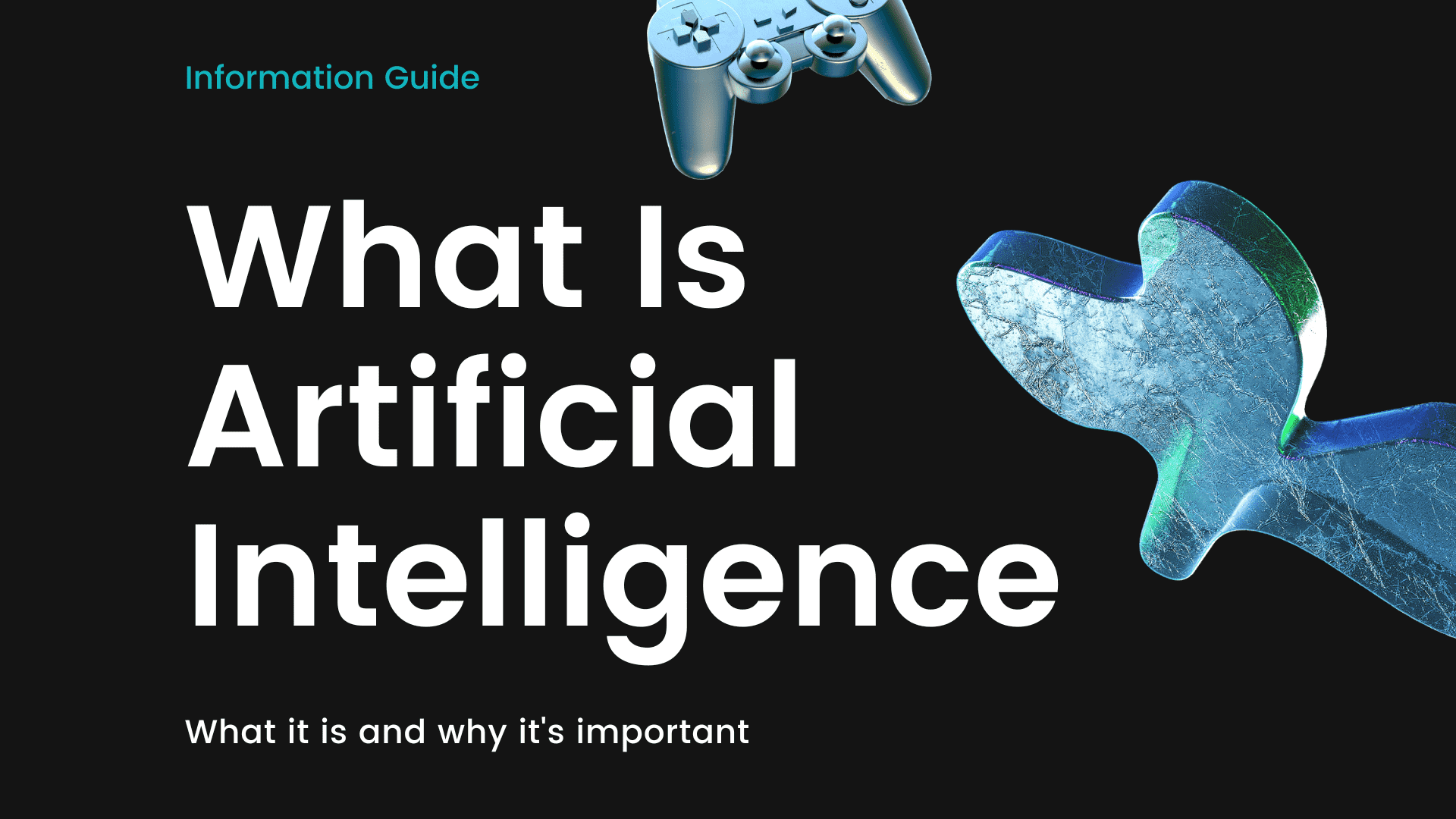Artificial Intelligence can be divided into 3 categories: weak or narrow AI, strong or general Artificial Intelligence, and superintelligence. Narrow AI is focused on a specific task, such as recognizing faces or playing chess. At the same time, general Artificial Intelligence is built to perform any intellectual task that a human can do. Superintelligence, which does not currently exist, refers to an AI system that surpasses human intelligence in every area.
AI has many applications, including natural language processing, computer vision, robotics, and machine learning. It has the potential to transform industries such as healthcare, finance, and transportation, and to improve our daily lives through innovations such as virtual assistants, autonomous vehicles, and smart home devices.
How AI Changes The Human Life?
AI has the potential to significantly change human life in many ways. Here are some examples:
- Improved Healthcare: AI can help doctors and researchers analyze large amounts of medical data to identify patterns and insights that can lead to better diagnoses, treatments, and preventive care. AI-powered tools can also assist in tasks such as medical imaging, drug discovery, and remote patient monitoring.
- Personalized Education: AI can personalize the learning experience for each student by analyzing their strengths, weaknesses, and learning style. This can help educators tailor teaching methods and materials to individual needs, making education more effective and engaging.
- Increased Productivity: AI-powered automation can reduce the time and effort required for many tasks, such as data entry, customer service, and manufacturing. This can free up humans to focus on higher-level tasks that require creativity and critical thinking.
- Safer Transportation: AI-powered autonomous vehicles can improve road safety by reducing human error and increasing awareness of potential hazards. This can also reduce traffic congestion and improve transportation efficiency.
- Improved Communication: AI-powered language translation and natural language processing can help people communicate more effectively across different languages and cultures.
- Enhanced Entertainment: AI can create new forms of entertainment, such as video games that adapt to a player’s skill level or personalized music playlists based on a user’s listening history.
Overall, AI has the potential to transform many aspects of human life, making it more efficient, personalized, and enjoyable. However, it also raises ethical and societal concerns that need to be addressed, such as privacy, bias, and job displacement.
What is the future of AI?
The future of AI is incredibly exciting and holds great potential for transforming society in a multitude of ways. Here are some potential developments that could shape the future of AI:
- Advancements in AI Research: AI researchers are continuously working on improving AI algorithms and models, which could lead to more advanced AI systems that are capable of complex tasks and decision-making.
- Increased Automation: AI-powered automation is expected to continue growing in industries such as manufacturing, transportation, and logistics, which could lead to increased efficiency and productivity.
- Personalized Medicine: AI-powered medical tools could lead to more personalized and effective treatments based on a patient’s genetic makeup and medical history.
- Autonomous Vehicles: The development of autonomous vehicles is expected to continue, which could lead to safer and more efficient transportation.
- Natural Language Processing: AI-powered language translation and natural language processing could make communication across languages and cultures more seamless.
- Robotics: The use of AI in robotics could lead to advancements in fields such as space exploration, disaster response, and health care.
- AI Ethics: As AI becomes more integrated into society, there will be a growing need for ethical considerations around bias, privacy, and accountability.
Overall, the future of AI is expected to be full of advancements and innovations that could improve many aspects of human life. However, there will also be challenges and concerns that need to be addressed to ensure that AI is used responsibly and beneficially.

